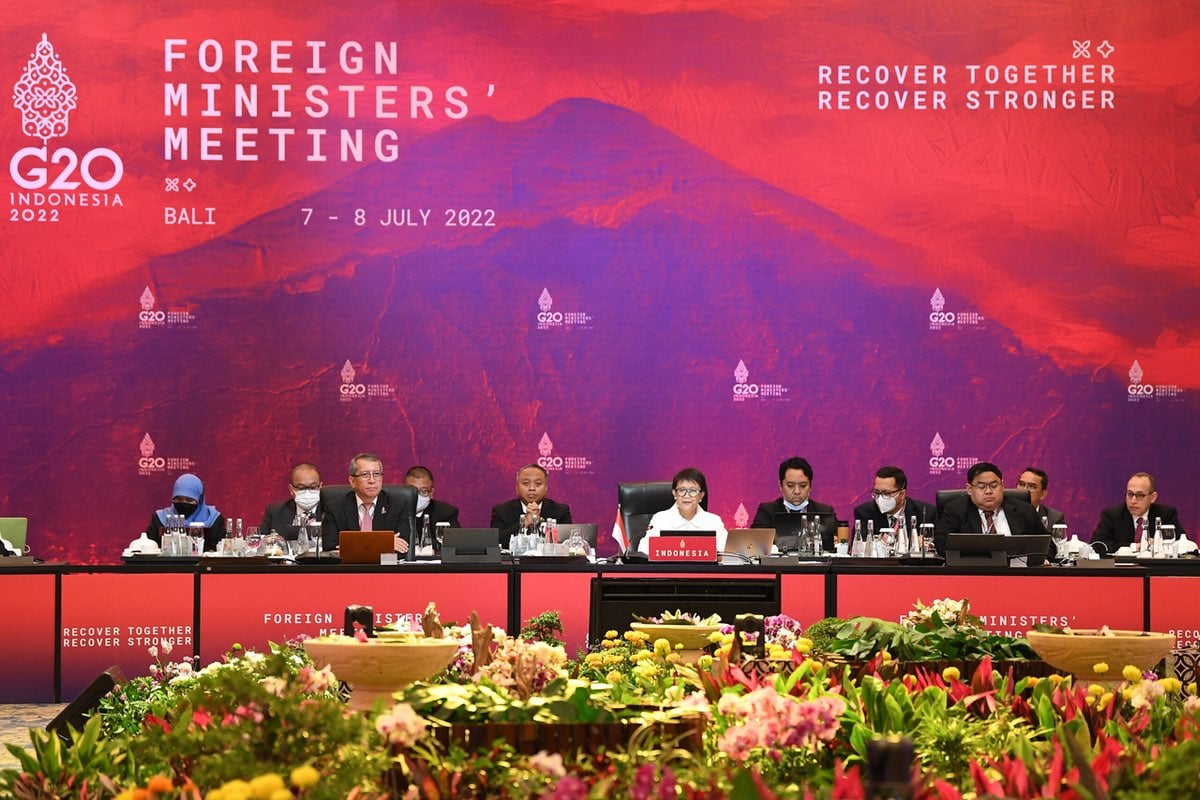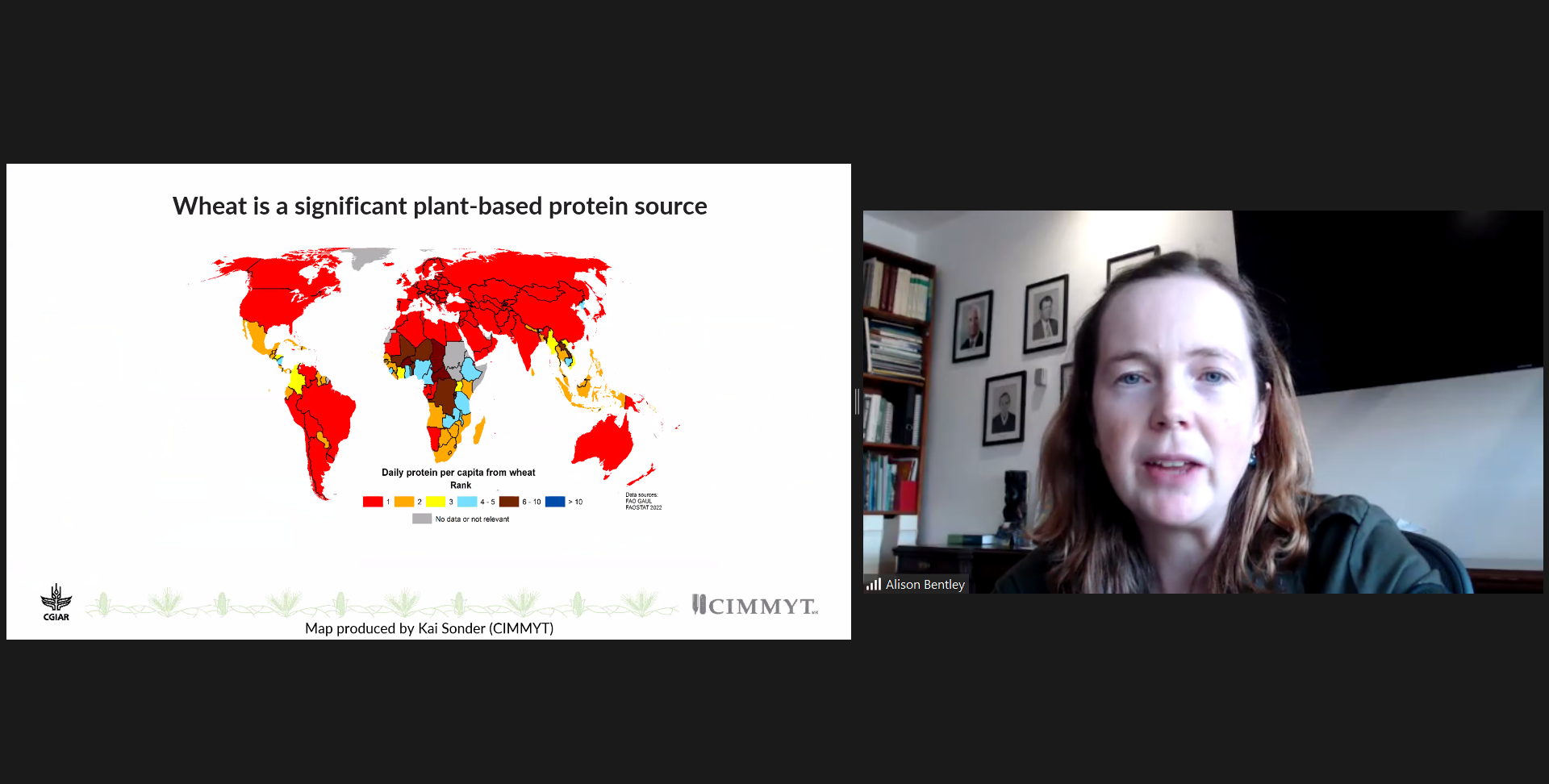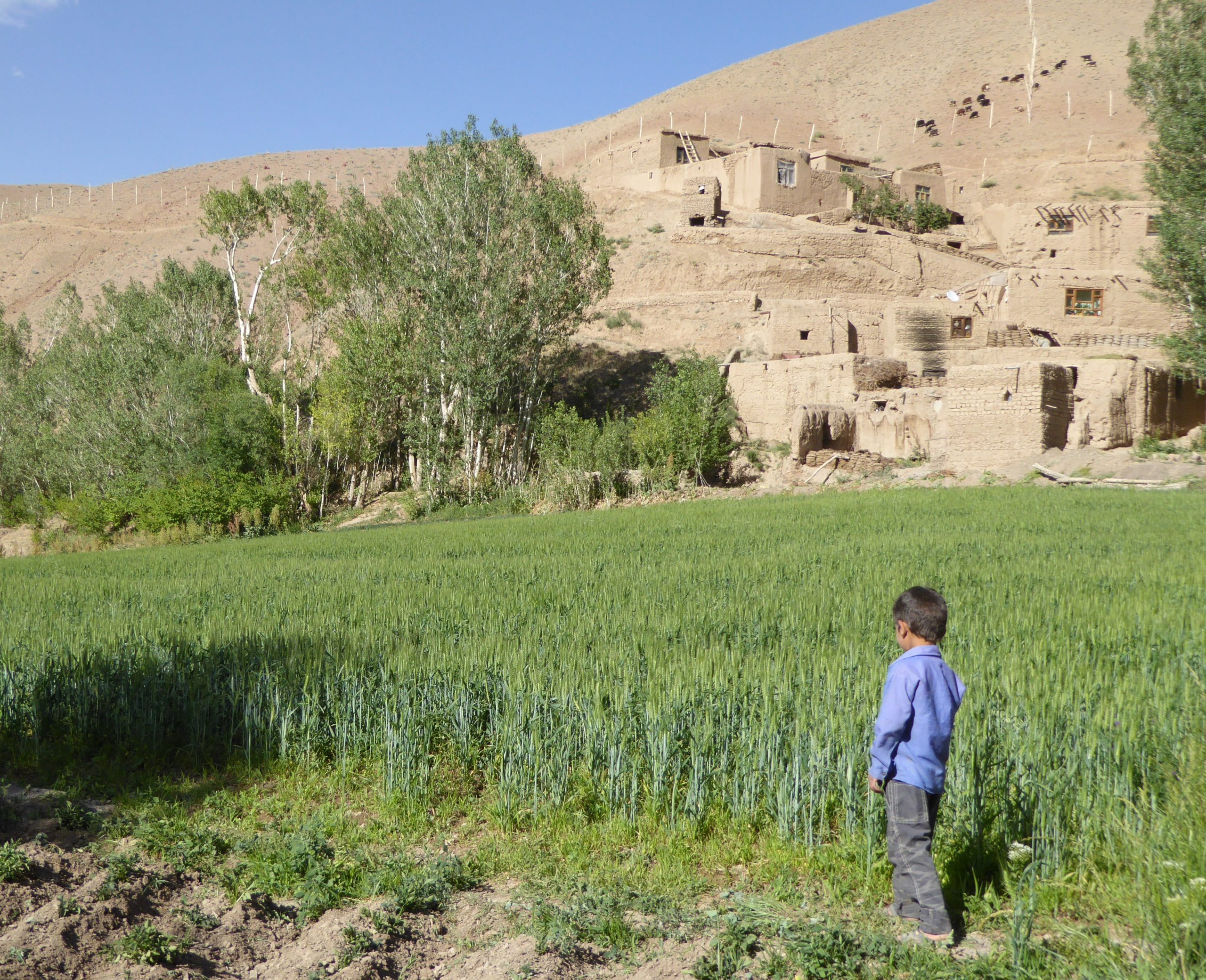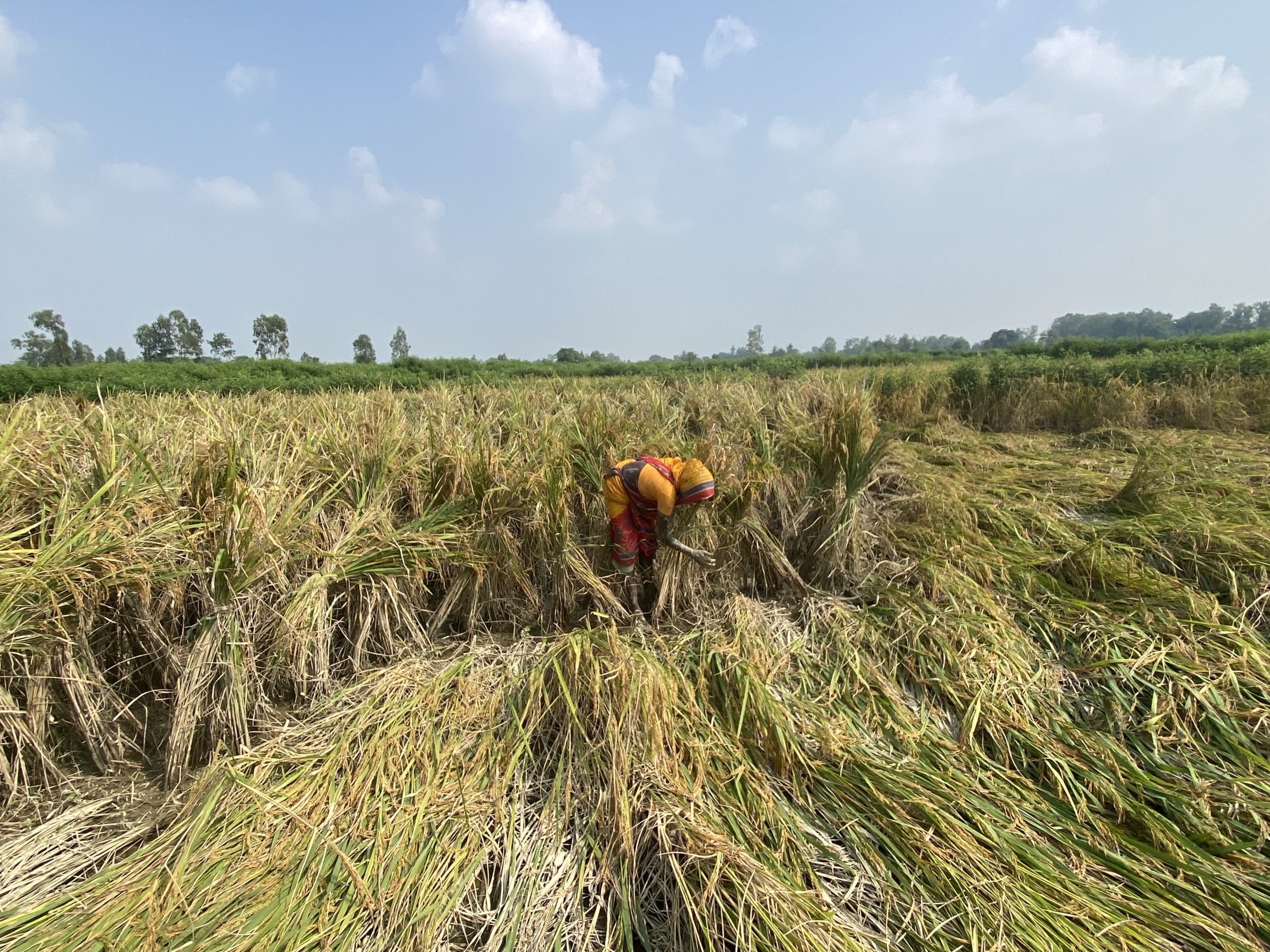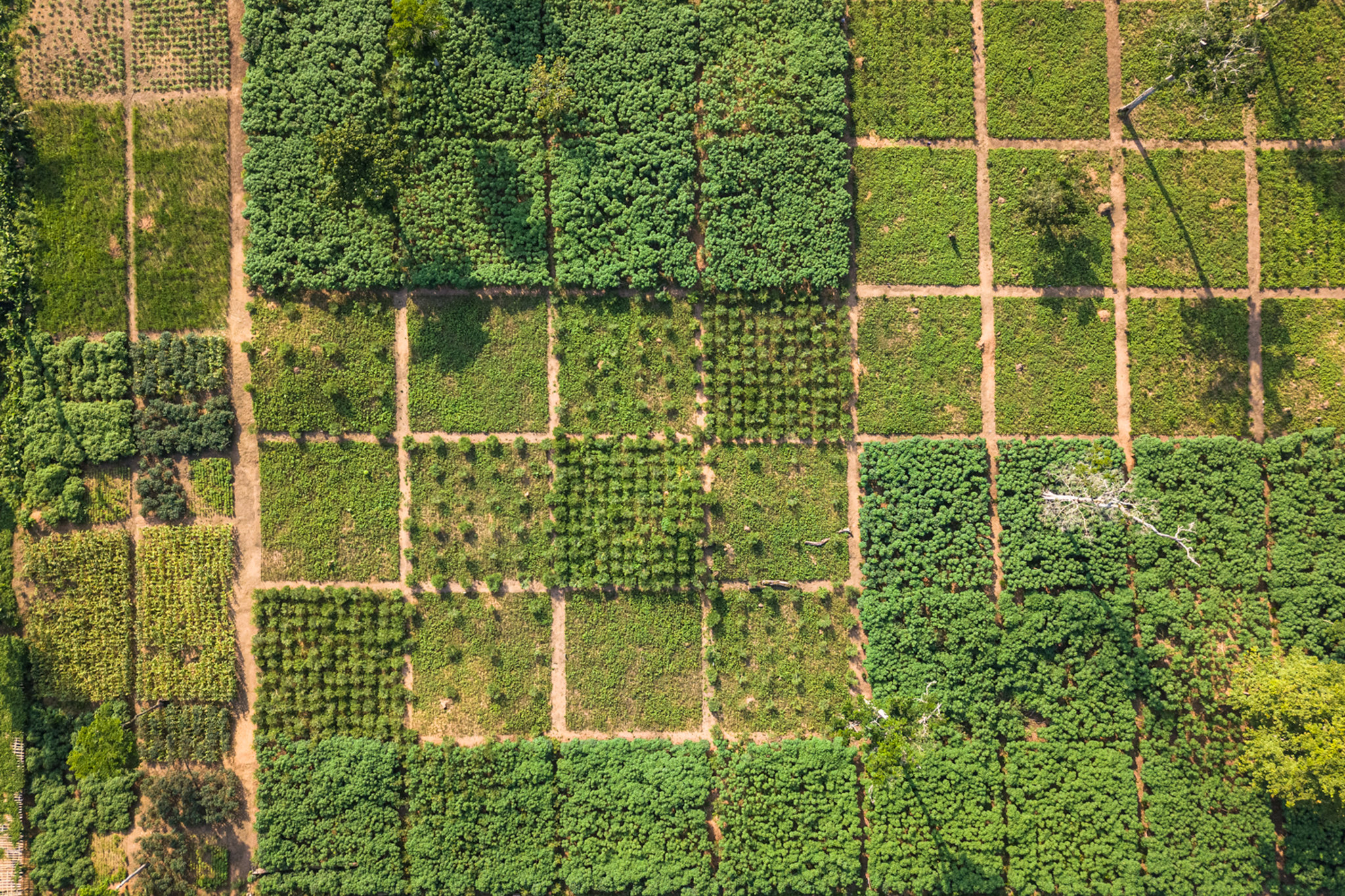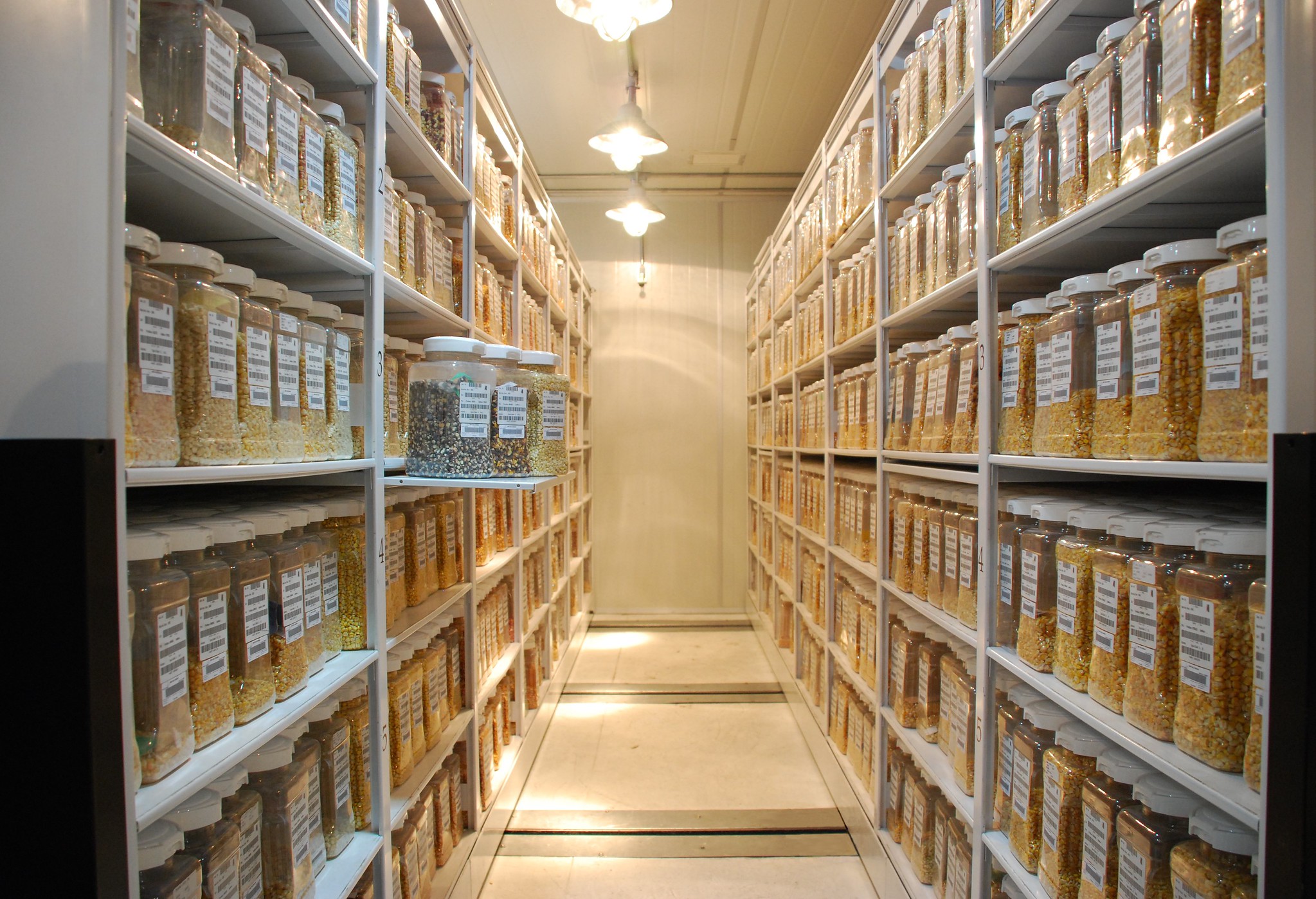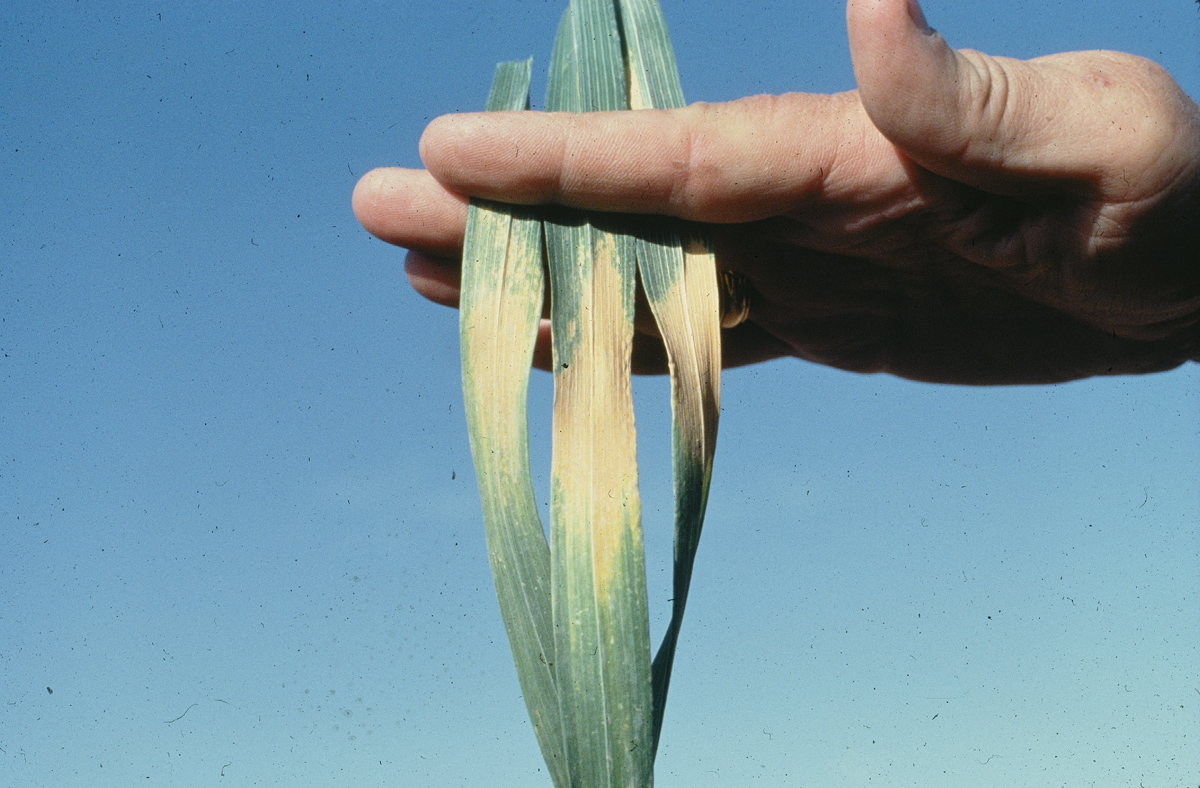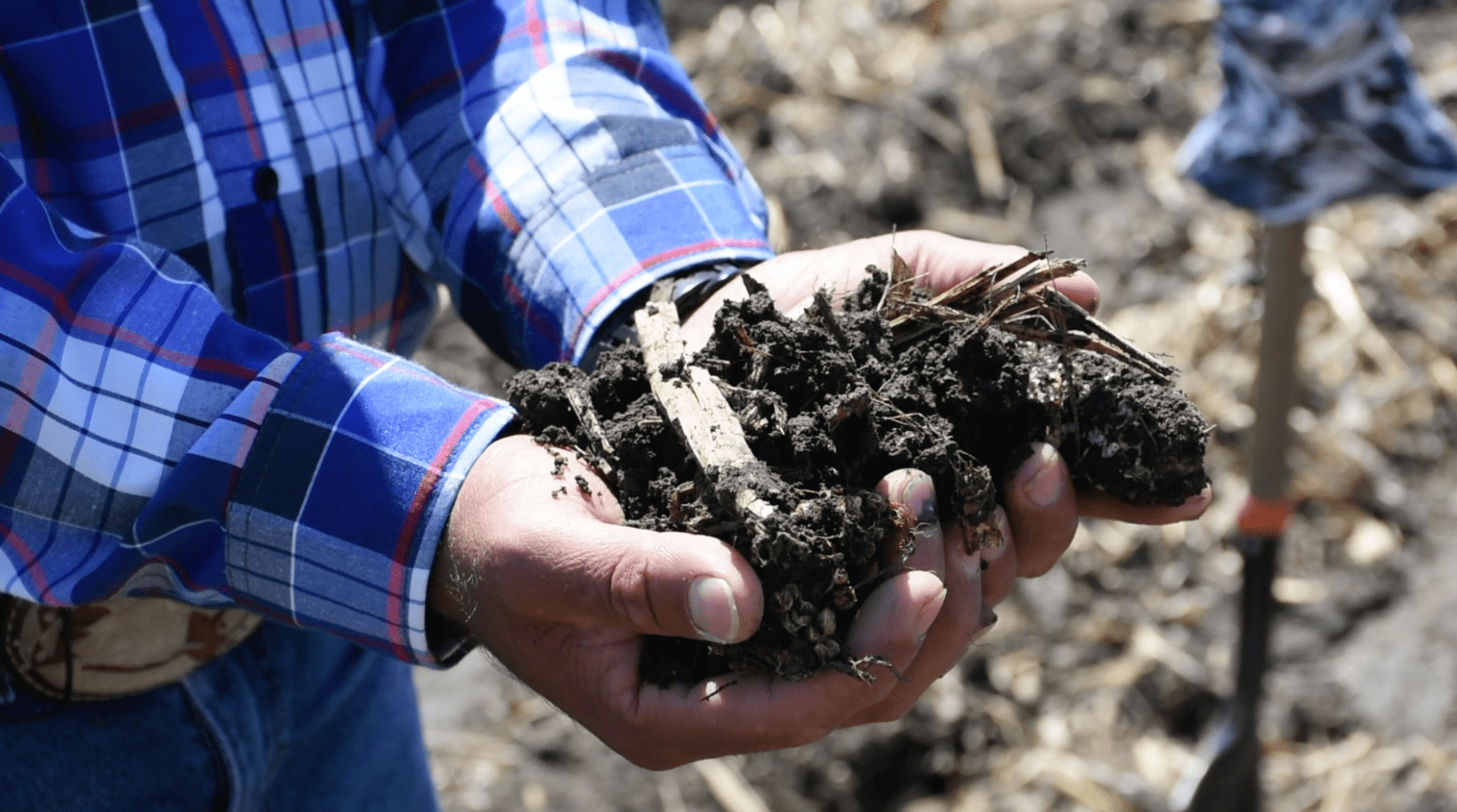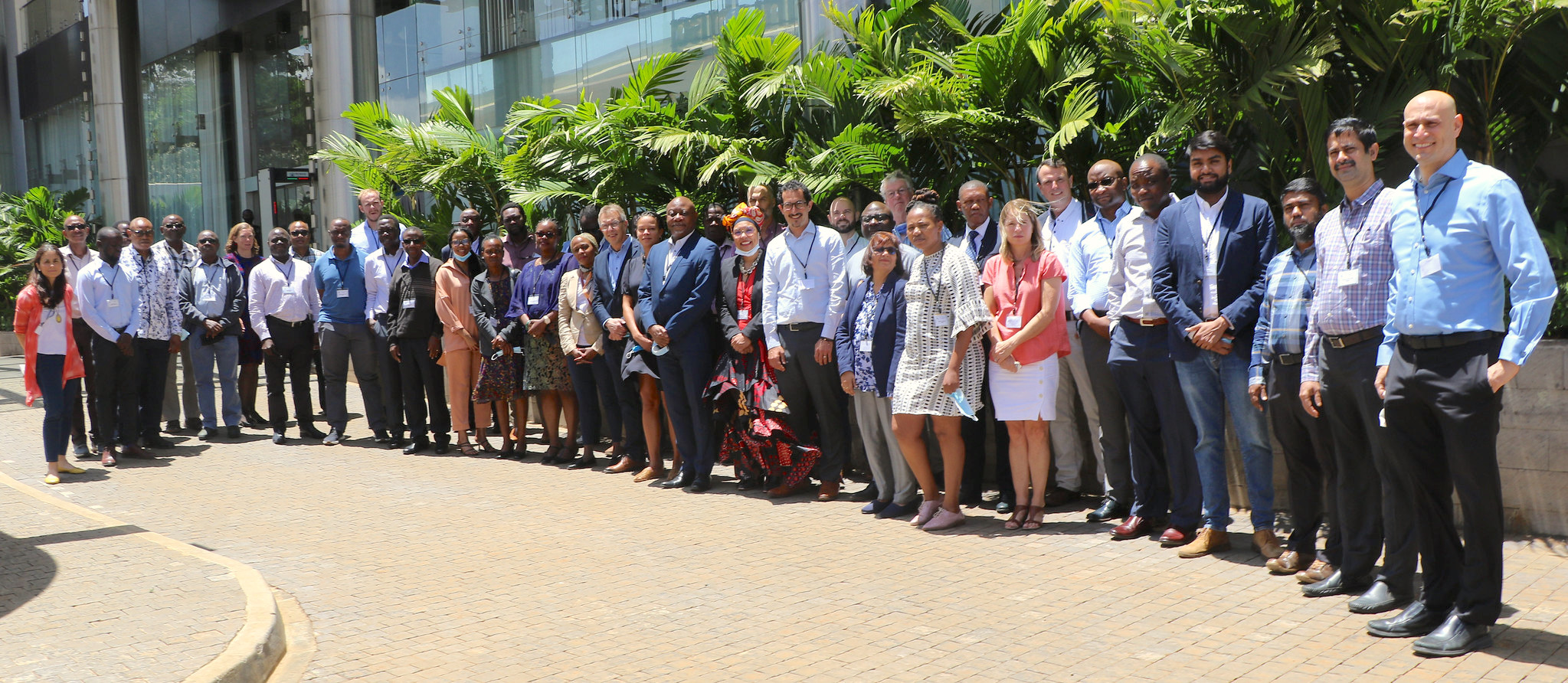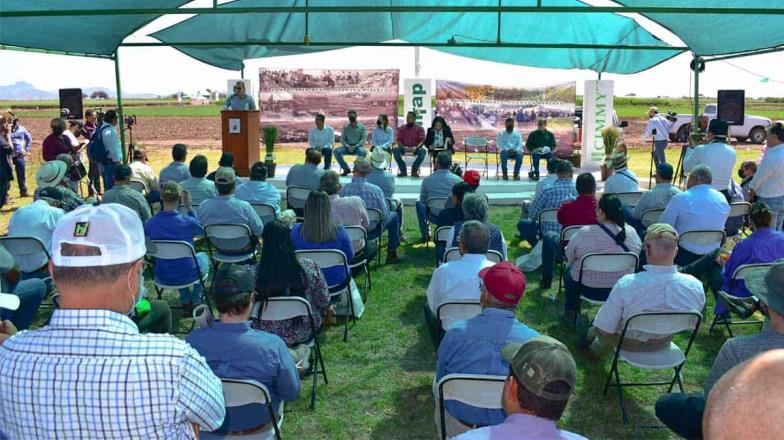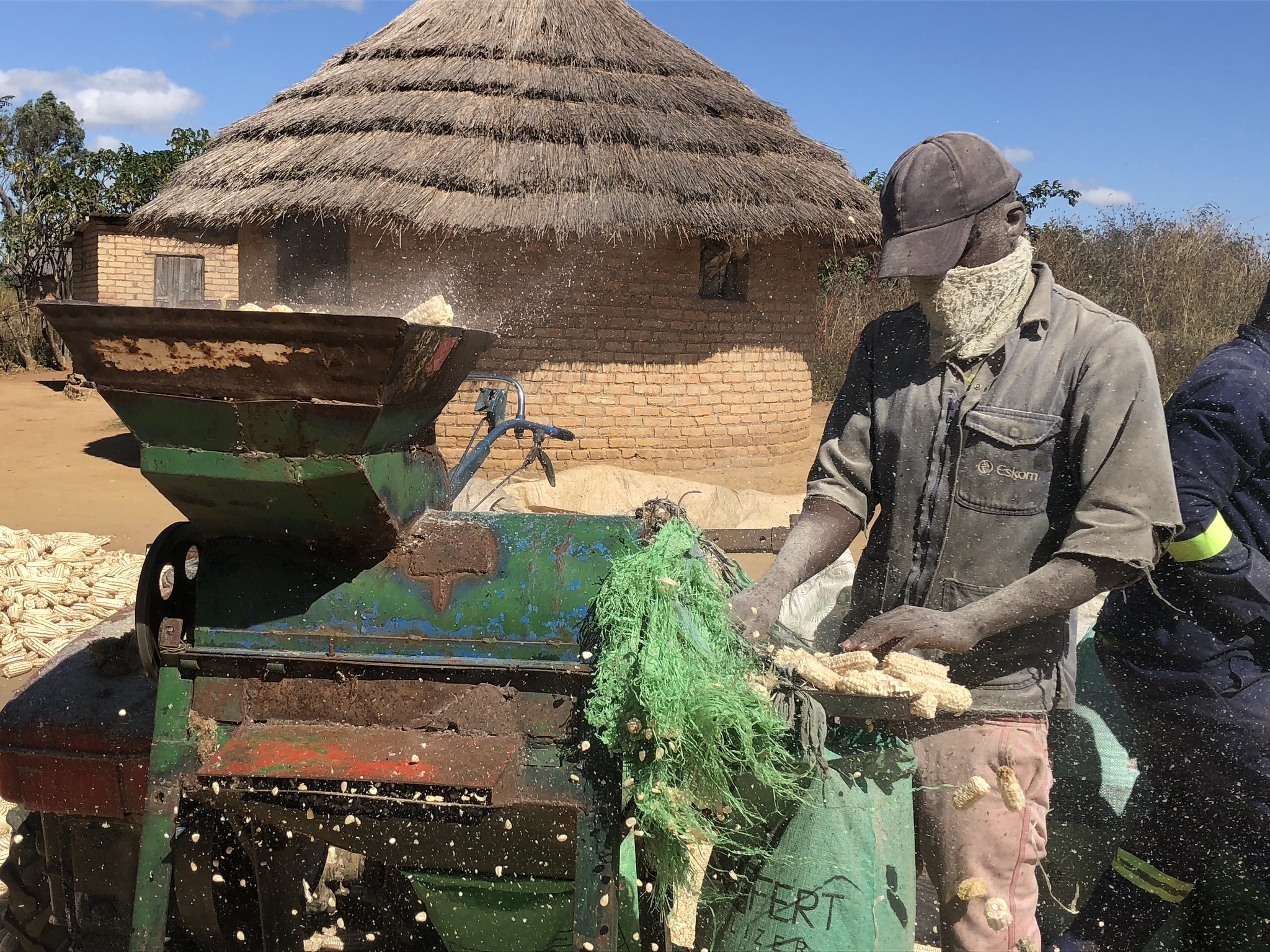Climate adaptation and mitigation
Climate change threatens to reduce global crop production, and poor people in tropical environments will be hit the hardest. More than 90% of CIMMYT’s work relates to climate change, helping farmers adapt to shocks while producing more food, and reduce emissions where possible. Innovations include new maize and wheat varieties that withstand drought, heat and pests; conservation agriculture; farming methods that save water and reduce the need for fertilizer; climate information services; and index-based insurance for farmers whose crops are damaged by bad weather. CIMMYT is an important contributor to the CGIAR Research Program on Climate Change, Agriculture and Food Security.
China calls on G20 to support CGIAR to boost global food security
 Climate adaptation and mitigation
Climate adaptation and mitigation
The G20 Foreign Ministers’ meeting held on July 7-8 in Bali saw Chinese State Councillor and Foreign Minister, Wang Yi, highlight support for CGIAR as part of a proposed cooperation initiative to boost global food security.
Cross-center learning between CIMMYT and WorldFish
 Climate adaptation and mitigation
Climate adaptation and mitigation
Collaboration between two CGIAR centers emphasizes opportunities for collaboration between agricultural researchers that could prove vital in the fight to establish food security.
China to build international agricultural breeding center in Hainan
 Climate adaptation and mitigation
Climate adaptation and mitigation
Source: Xinhua News (14 Jul 2022)
A letter of cooperation has been signed in China to signal the start of a new partnership aiming to meet the global challenge of climate change and ensure food security.
It is time to invest in the future of Afghanistan’s wheat system
 Capacity development
Capacity development
Afghan farmers need varieties with improved traits such as heat and drought resilience, incorporating functional variation from existing landrace collections.
Managing seeds and agricultural losses in the wake of extreme climate events: Lessons from Nepal
 Climate adaptation and mitigation
Climate adaptation and mitigation
Assessment of floods in Nepal in October of 2021, which affected seed availability, give clues about actions to mitigate the impact of similar climate shocks on smallholder farmers.
Galvanized leaf storage proteins serve as a nutrient lifeline for maize under drought, recent study says
 Climate adaptation and mitigation
Climate adaptation and mitigation
A team of researchers activates vegetative storage proteins in maize leaves, to stockpile nitrogen reserves for release when plants are hit by drought.
Getting to win-win: Can people and nature flourish on an increasingly cultivated planet?
 Climate adaptation and mitigation
Climate adaptation and mitigation
Faced with dramatic biodiversity loss and a growing population, should farmers “share” or “spare” land? Agricultural scientists weigh in, yielding a new perspective.
The race against time to breed a wheat to survive the climate crisis
 Climate adaptation and mitigation
Climate adaptation and mitigation
Source: The Guardian (12 Jun 2022)
CIMMYT scientists are using the biodiversity of forgotten wheat varieties from across the world to find those with heat- and drought-tolerant traits.
Mining Useful Alleles for Climate Change Adaptation from CGIAR Genebanks
 Climate adaptation and mitigation
Climate adaptation and mitigation
Accelerating Impacts of CGIAR Climate Research for Africa (AICCRA)
 Climate adaptation and mitigation
Climate adaptation and mitigation
Wheat versus heat
 Climate adaptation and mitigation
Climate adaptation and mitigation
Urgent action is required to mitigate effects of temperature extremes in South Asia, which threaten wheat production and human health.
CGIAR Initiative to increase resilience, sustainability and competitiveness in Latin America and the Caribbean
 Climate adaptation and mitigation
Climate adaptation and mitigation
The new AgriLAC Resiliente Initiative will increase resilience, ecosystem services and the competitiveness of agrifood innovation systems in the region.
New CGIAR Initiative to catalyze resilient agrifood systems in eastern and southern Africa
 Climate adaptation and mitigation
Climate adaptation and mitigation
The Ukama Ustawi Initiative will help millions of vulnerable smallholders in 12 countries transition from maize-mixed systems to sustainably intensified, diversified, and de-risked agrifood systems.
CIMMYT scientist recognized at the Day of the Farmer in Sonora
 Climate adaptation and mitigation
Climate adaptation and mitigation
Local authorities praised Head of Global Wheat Improvement Ravi Singh for his contribution to the state’s agricultural development.
Harnessing Appropriate-Scale Farm Mechanization in Zimbabwe (HAFIZ)
 Climate adaptation and mitigation
Climate adaptation and mitigation
